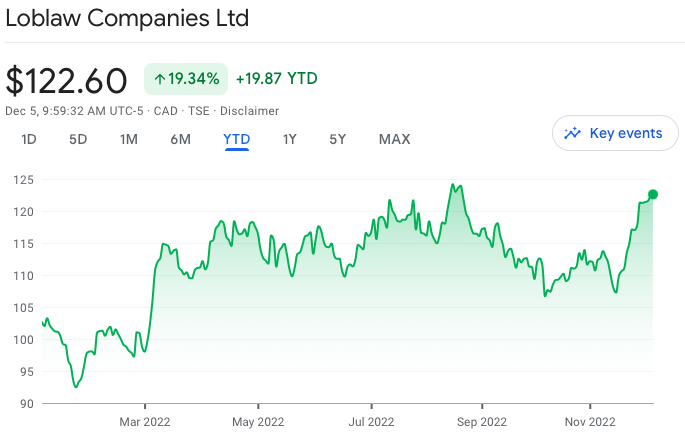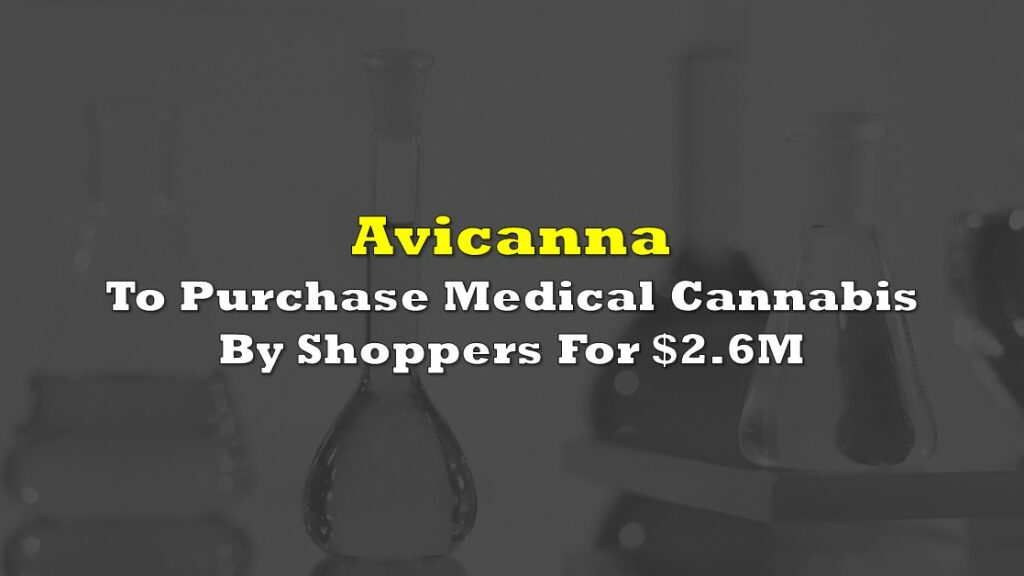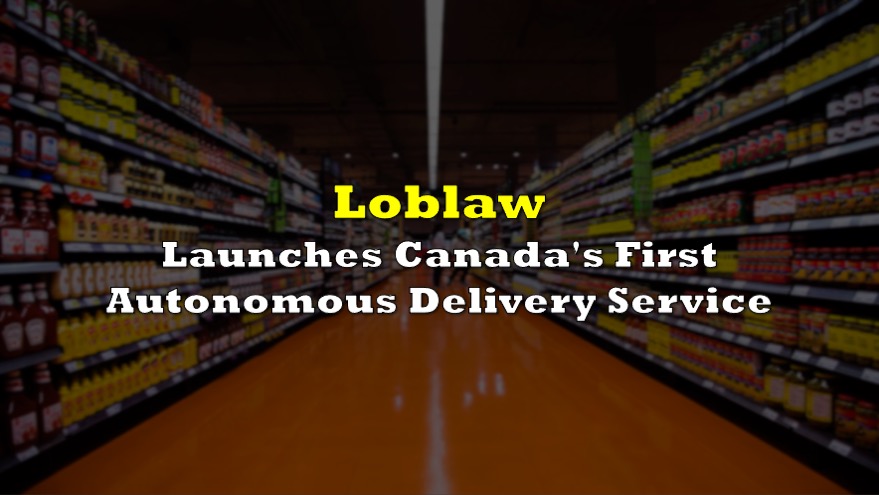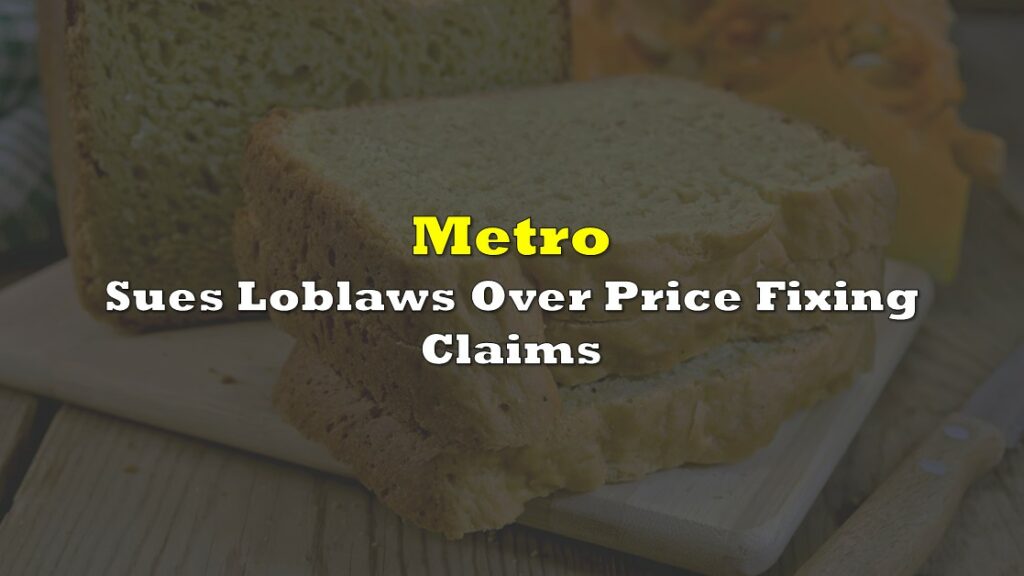Loblaw Companies (TSE: L) President Galen Weston Jr. is trending on Twitter but probably not for the reasons he would like.
Most recently, the supermarket chain Loblaws sent an email around inviting customers to donate their PC Optimum loyalty points to several partnered charities.
“We’re proud of the many charitable things we do to help Canadians live life well, but we’ll leave all that for another day,” the message reads. “Instead, and for the first time ever, we’re handing over our PC Optimum platform — a direct line to millions of Canadians like you — to our partners at Food Banks Canada and Second Harvest.”
The move was meant to give Canadians a way to contribute as the country continues to face sky-high inflation along with the food insecurity crisis.
Aside from the points, the shoppers are also encouraged to donate to one of the grocery chain’s food drives, which will be matched up to $100,000.
The seemingly altruistic move was juxtaposed against the company president Weston’s net worth and the supermarket chain’s profits.
“If you want to make a difference, reduce your prices. Then those of us that have recently been stretched beyond our means will be able to support essential programs like food banks and be able to help others in need … This is on you, Loblaws. Do not put this on your customers without first considering how you can make a considerable difference by lowering your prices,” wrote LinkedIn user Sharon Bauer in a reply to Loblaws email.
Loblaws, Canada’s largest grocery retailer, had overall sales increase 8.3% year on year to $17.4 billion in the fiscal quarter ending Oct. 8, while profit increased 29% to $575 million. The firm’s share price has also seen a surge in 2022, currently trading at its highest levels on record.

READ: Companies Widen Profits After Hiking Food Prices Faster Than Inflation
Appreciate @loblawco, a billion dollar company making record profits, jumping into my emails, they’ve made it possible for me to donate my PC Optimum Points to their organization, so they can support food banks. Stop gouging Canadians. pic.twitter.com/nVAq9mMaKU
— 🔥RavinRedhead🔥 (@susanlorr) November 29, 2022
PC sending out an email asking me to donate my Optimum points to Food Banks Canada is just a little too on the nose for me.
— Amy (Scanlon) Boughner (@amyboughner) November 29, 2022
Record profits, Loblaw. Record. Profits.
Seriously?!🤨
— J. Owen Classey ✝️🇨🇦🟣😷💉💉💉💉 (he/him) (@jowenclassey) November 30, 2022
Record breaking profits of food industry corporations like Loblaws Inc. are one of the main contributors to growing food insecurity. Want to make a really passionate difference? Slash your retail prices and increase your staff wages, and that would be a start! 2/2
First-time food bank usage is up 64%.
— Jagmeet Singh (@theJagmeetSingh) November 30, 2022
Meanwhile, Loblaws made $1 million in excess profits PER DAY so far this year.
Corporate greed is hurting Canadians and this Liberal government is doing nothing about it. pic.twitter.com/BxdAH9LcNJ
This comes after the chain announced a “price freeze” during Thanksgiving, seemingly as a gesture of goodwill for Canadians grappling with inflation.
“On average, No Name prices are already 25 percent cheaper than comparable name brands,” said Loblaws president Galen Weston who announced the prize freeze on Monday. “Coupled with this price lock, that could make a real difference in both your grocery bills and your peace of mind. You’ll know that if other food prices go up, No Name prices won’t… guaranteed.”
Weston was soon called out by Montreal-based grocery chain rival Metro, Inc. (TSE: MRU) who said that the holiday blackout on prices is a “long-standing practice.” And this practice also isn’t done to help consumers, either, it’s basically the result of big chains refusing to negotiate with suppliers to simplify their operations — and get certainty on their margin and cost levels — before the holiday rush begins.
But Loblaws insisted that the No Name brand price freeze is “not standard,” nor something they’ve ever done before, pointing out that a holiday blackout is done to stabilize costs at a wholesale level, meaning grocers can still choose to hike at retail. The No Name price lock, they said, applies to all of the brand’s more than 1,500 products, while holiday blackouts typically do not extend to all products and categories at the store.
“Bottom line: it is not common for a grocer to commit to holding prices at any time of year — particularly on 1,500 items and the nation’s second-largest brand,” said Loblaw spokesperson Catherine Thomas.
READ: Is Loblaws’ Price Freeze On No Name Brand Just A Publicity Stunt?
Well, this is interesting. Back in October, Galen Weston Jr. said that he was freezing prices on all No Name products until Jan. 2023. This week we bought No Name Butter for $3.99 lb. Today at my local Independent the same butter is $6.99 lb. Can @LoblawsON explain this. pic.twitter.com/0lhryzGRMZ
— RestlessRuralist (@RestlessRuralst) December 1, 2022
Galen Weston really out here selling birch sticks to NLers for $10 a piece. This is the new bread scandal pic.twitter.com/3zMvLjD7EQ
— future from the 80s (@MotherofPups) November 28, 2022
Afterwards, Twitter user Derek Chechak noticed that telemedicine service Maple–which Loblaw had made a $75-million investment in back in September 2020 through its Shoppers Drug Mart subsidiary–has hiked its visit fee to $69 from $49.
While the OHIP-funded platform @rocketdoctor lost 85% of its physicians under Ontario's new virtual care fee structure, private pay platforms like Loblaw's Maple increased their visit fee by $20 (41%) since October. pic.twitter.com/hT8Qzt84qq
— 𝗗𝗲𝗿𝗲𝗸 𝗖𝗵𝗲𝗰𝗵𝗮𝗸 (@Dr_Dissonance) December 3, 2022
The move is especially controversial after Ontario recently implemented changes to fees for virtual health services in an agreement with the Ontario Medical Association. The move dramatically decreased the costs paid to doctors for multiple virtual visits.
According to Dr. William Cherniak, founder of virtual care portal Rocket Doctor, the modifications resulted in 85% of Ontario doctors abandoning or ending their services on his platform immediately.
Following these moves, Weston Jr. continues to trend on Twitter–most especially after an ad featuring him aired.
My favourite cosplay is Galen Weston, who thinks wearing shitty Joe Fresh knock off cashmere and crappy glasses is going to make everyone think he's not a billionaire and one of the richest Canadians. pic.twitter.com/SeoK8blFIH
— uɯzsoʇ (@toszmn) December 5, 2022
With all the Loblaws ads starring Galen Weston, it's hard to imagine that there are any unsmashed TVs left in Canada.
— Marc. Raving. Mad. (@MarcRavingMad) December 1, 2022
Don't have the words to describe how much i hate that Loblaws/Galen Weston ad
— Richie Assaly (@rdassaly) December 1, 2022
Not big at math admittedly, but when you say a grocery store clerk making $20/hr is the cause of inflation instead of CEO Galen Weston making a $3 billion profit, you lose me.
— Robbie D'Alessio (Eastern OECTA) (@patiodweller) December 5, 2022
Loblaw last traded at $122.67 on the TSX.
Information for this briefing was found via the The Globe and Mail, Yahoo News, and the sources mentioned. The author has no securities or affiliations related to this organization. Not a recommendation to buy or sell. Always do additional research and consult a professional before purchasing a security. The author holds no licenses.









